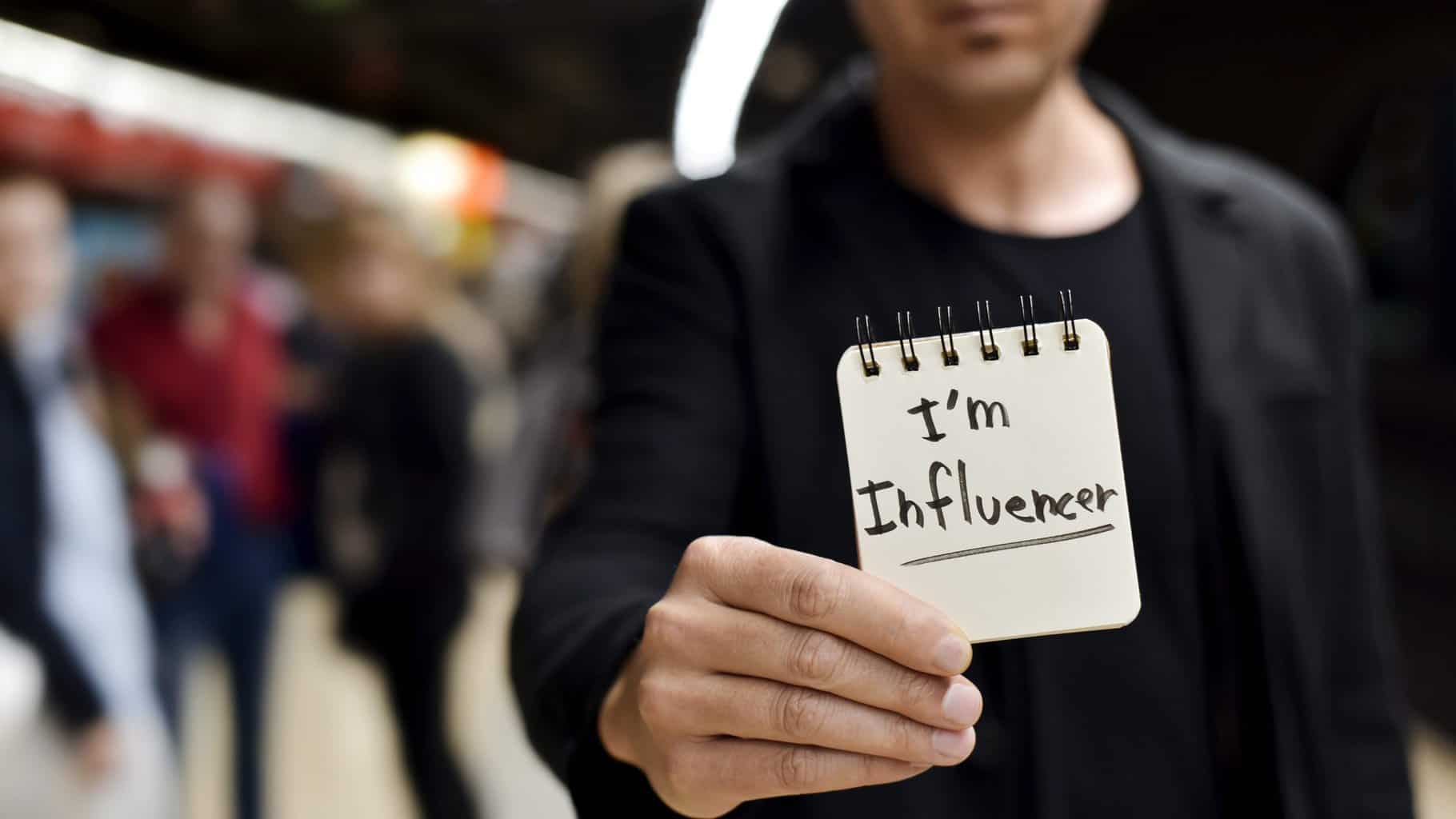Marketers spend more on microinfluencers than celebs, study finds

Marketers are now spending more on microinfluencers than they are celebrities, a study by affiliate service provider Rakuten Marketing has found.
The 2019 Influencer Marketing Global Survey discovered that celebrity influencers comprise 28% of annual influencer spend compared to 40% for microinfluencers.
Additionally, nearly three out of four brands agree that they believe influencers are concerned whether their posts drive sales for brands and 67% of US marketers are able to tell when influencer campaigns drive sales
At 39%, brands would be encouraged to invest more in an influencer program if they could see the impact of their activity across the wider consumer purchasing journey.
U.S. consumers value authenticity and true brand advocacy when it comes to the influencers, and men are an unlikely target audience. Some of the report’s key findings are as follows:
- 88% of surveyed consumers have been inspired to purchase based on what they saw from an influencer,
- Four in five surveyed consumers (81%) have made a purchase through clicking a link or image an influencer shared,
- 66% of American consumers trust a product recommendation so long as the influencer discloses their relationship with a brand,
- Brands should take note that 38% of consumers would stop following an influencer if they post content that does not align with their core values, personal opinions and ethics,
- Men are more likely to recommend an influencer overall – this trend rings true across all regions surveyed globally,
- 83% of men are inspired to make a purchase based on an influencer recommendation sitting just below women consumers at 89%,
- Women are thriftier as men tend to spend more money on products recommended by influencers and the price point per item, starting at $100 or more, is higher than what women tend to spend.
Paris Loesch of Rakuten Marketing said: “It is safe to say that the marketing space has evolved considerably in the past decade or so thanks, in part, to the rise of social media and image-based content.
“This study proves that brands are ready to capitalise on integrated marketing strategies that include influencer partnerships – especially if success is measurable. Most importantly, we are seeing the true value of an influencer’s impact on consumer behaviours.”






